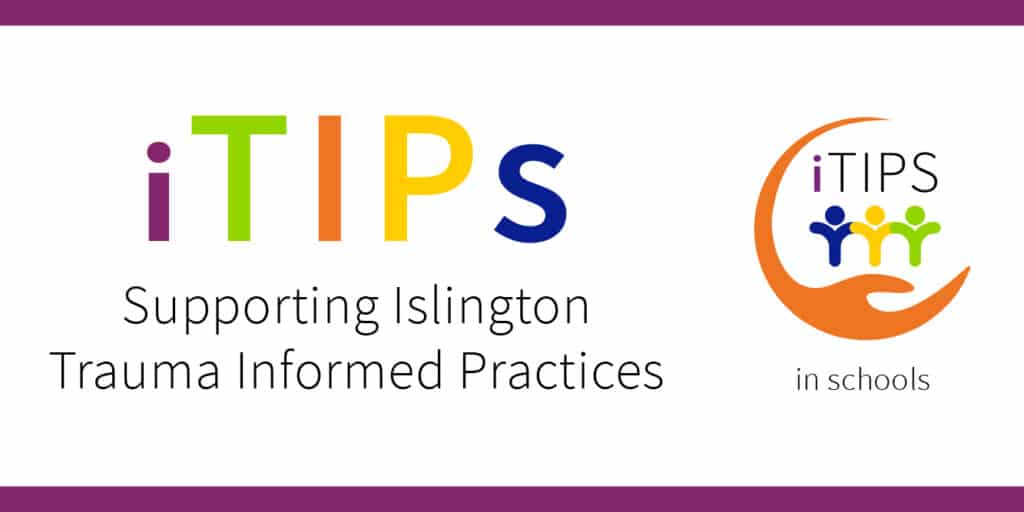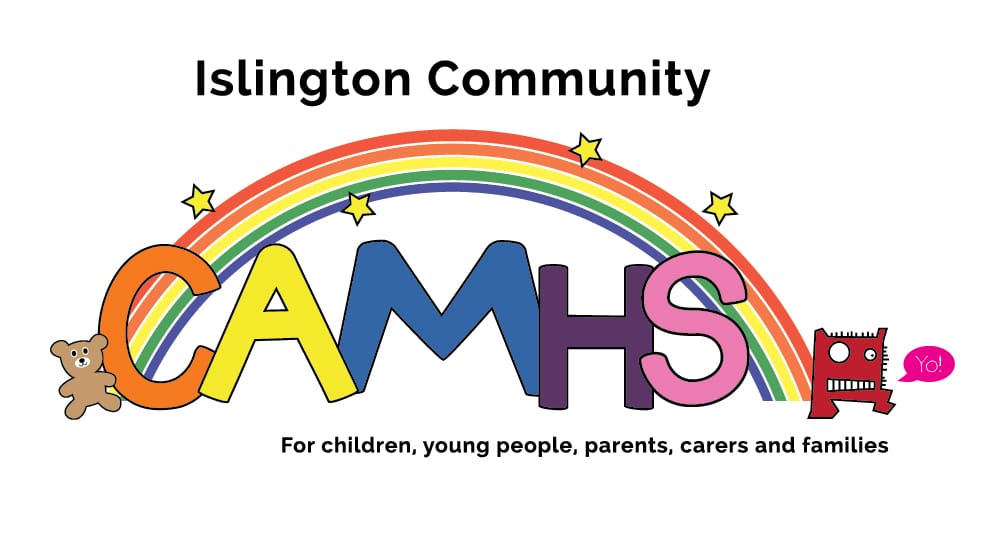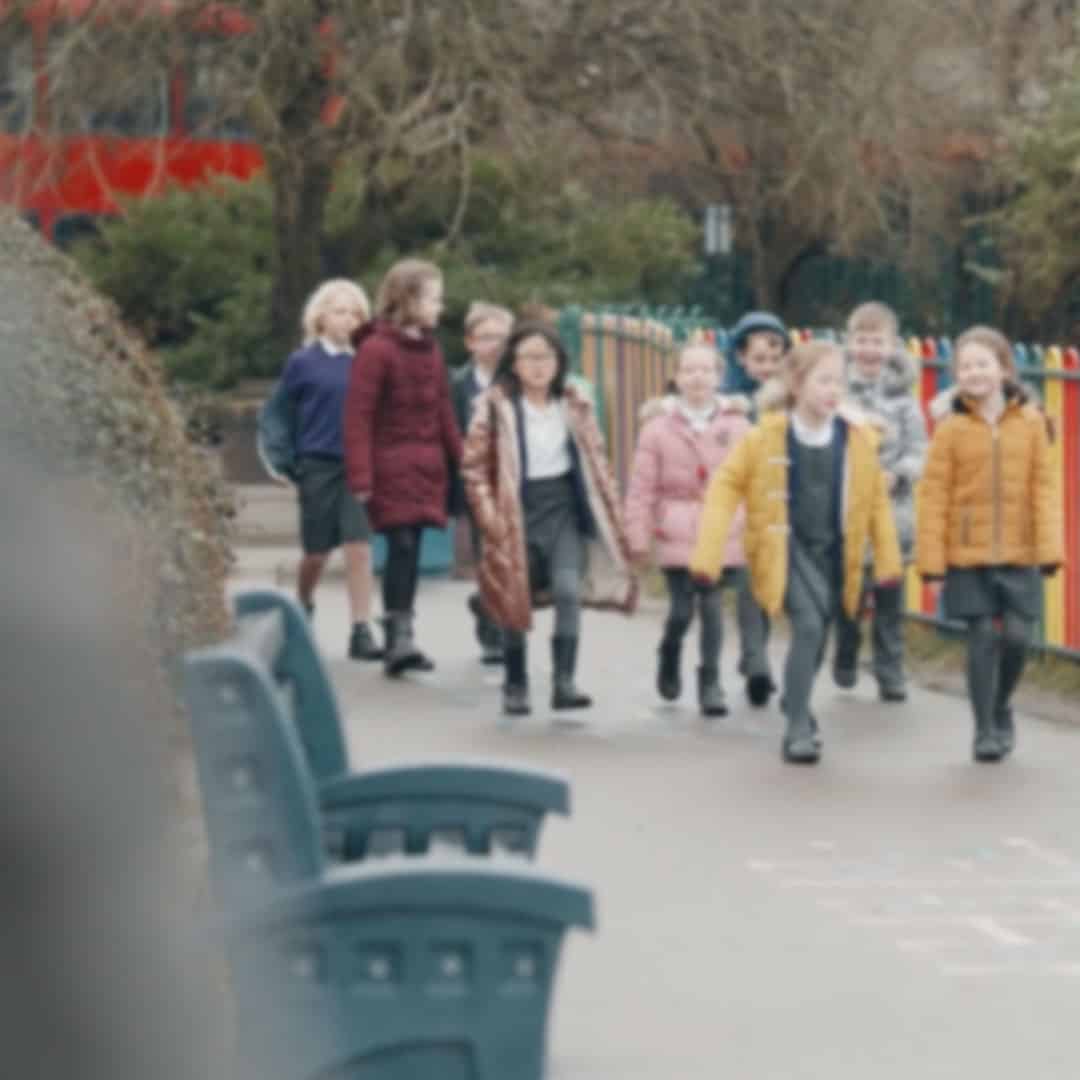


PROGRAMME
Various services work together to implement these programmes, including CAMHS, the Council Health and Wellbeing Team, School Improvement Service, Educational Psychology Service, the Virtual School, and an alternative provision’s outreach service. This work is supported by the Safeguarding Children Board where all partners involved have agreed to underpin their work by trauma-informed practice. This multidisciplinary shared value base enables services to work cohesively together with a common language.
The iTIPS is a two-year school programme designed to embed trauma-informed practice via a school-wide approach to increase skillsets and capacity of staff to support pupils.
TRAINING
1) Two days of training for all staff in the principles of the ARC (Attachment, Regulation, Competency) approach in the first year
ONGOING SUPPORT
2) Regular contact, weekly or fortnightly, with an iTIPS practitioner (a CAMHS clinician or educational psychologist) throughout the programmes two years ensures schools are supported and robust professional relationships are fostered.
SCHOOL DEVELOPMENT/ACTION PLAN
3) Together the iTIPS practitioner and school lead develop a school action plan , which includes individual goals for the school, and a staff working group with the aim of embedding the learning from the training.
SCHOOLS NETWORK
4) Termly network meetings for schools that have completed or are on the programme. The aim is to use this network to facilitate sustainable school change in the longer term, through supportive peer relationships and growing a practice sharing environment
APPROACH
Schools embark on a two-year development journey. Developing an internal working group in each school works to spread practice across teams or departments in school, and supports the practice to embed as a new school ethos.
The iTIPS practitioners recognise that working with trauma-affected children can be challenging for school staff. Part of the support offered involves promoting staff wellbeing to ensure staff feel supported – not judged – by colleagues through the development of attachment aware and trauma informed practice.
Many of the schools utilise the iTIPS practitioner to deliver staff group consultation and reflective practice sessions where aspects of the training, elements of good practice, or issues staff have in their classrooms can be discussed.

